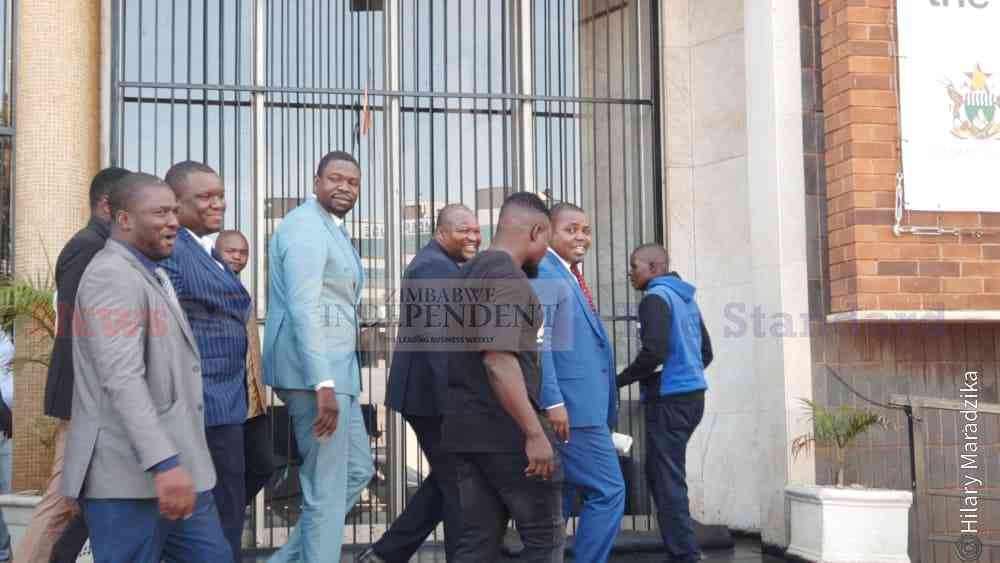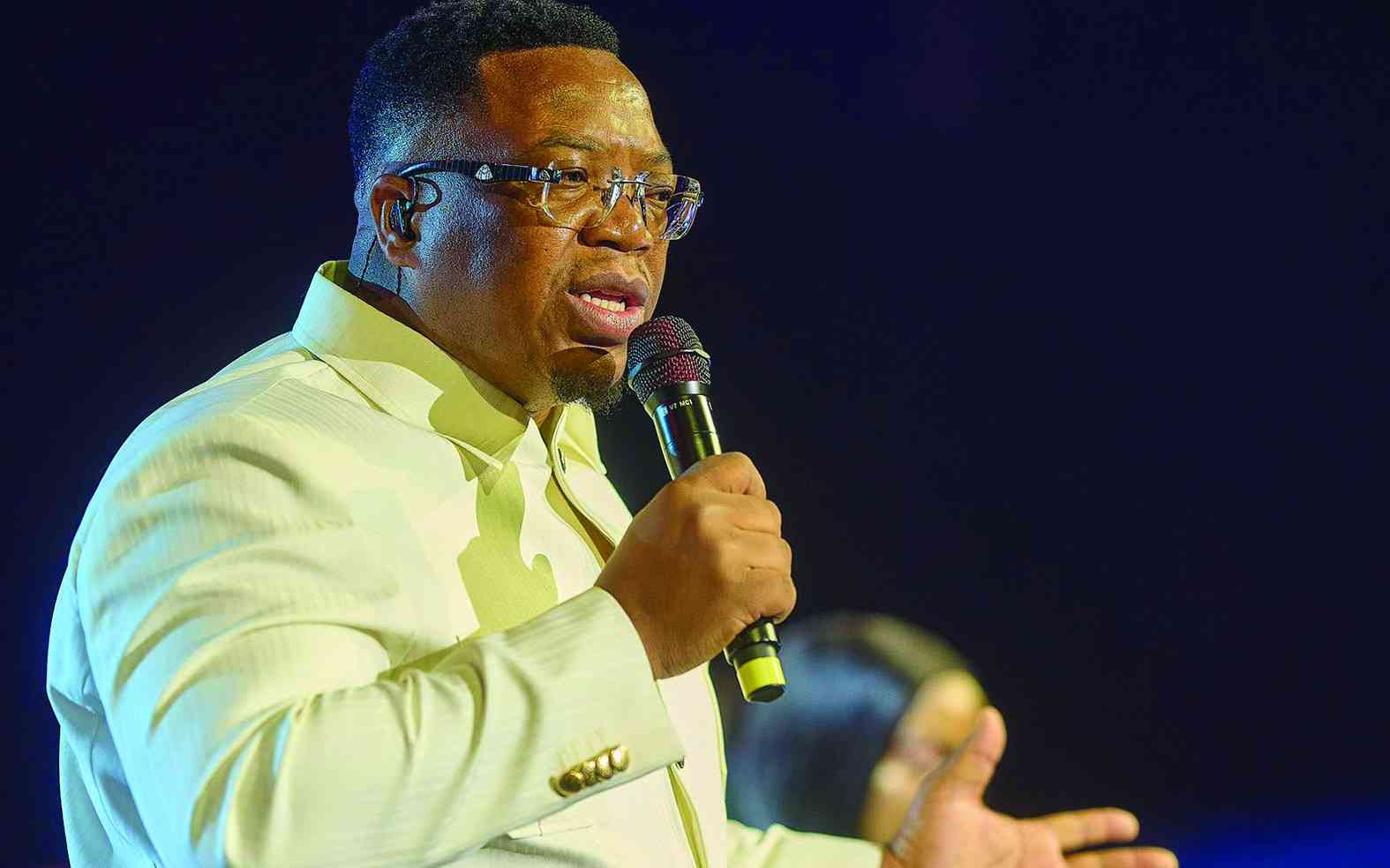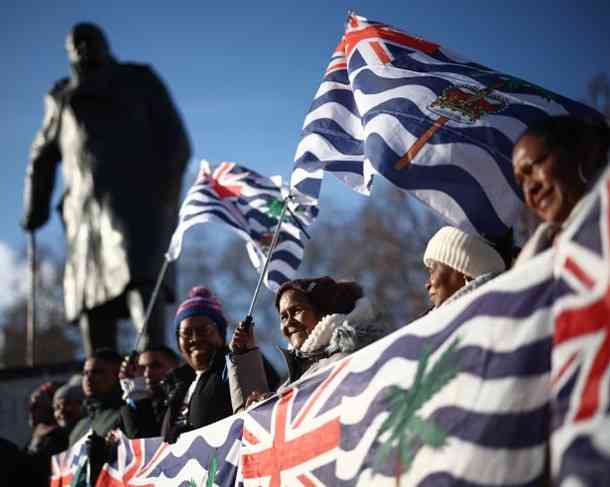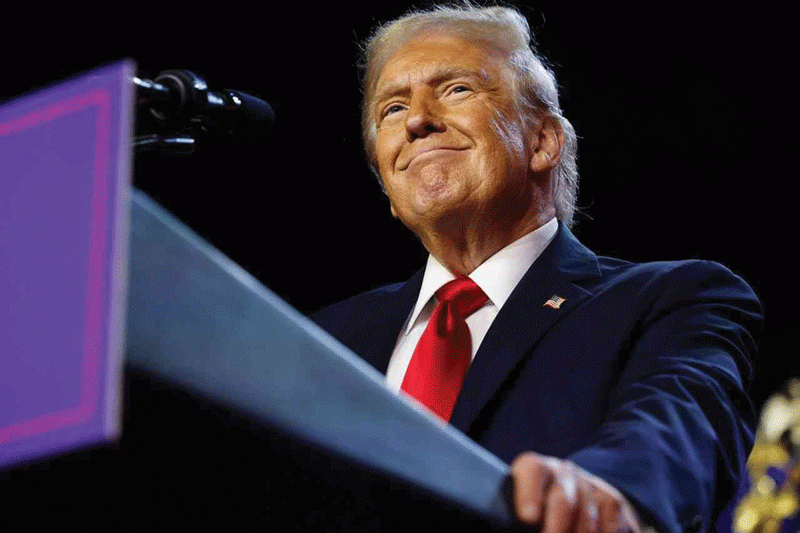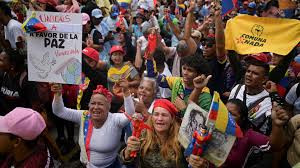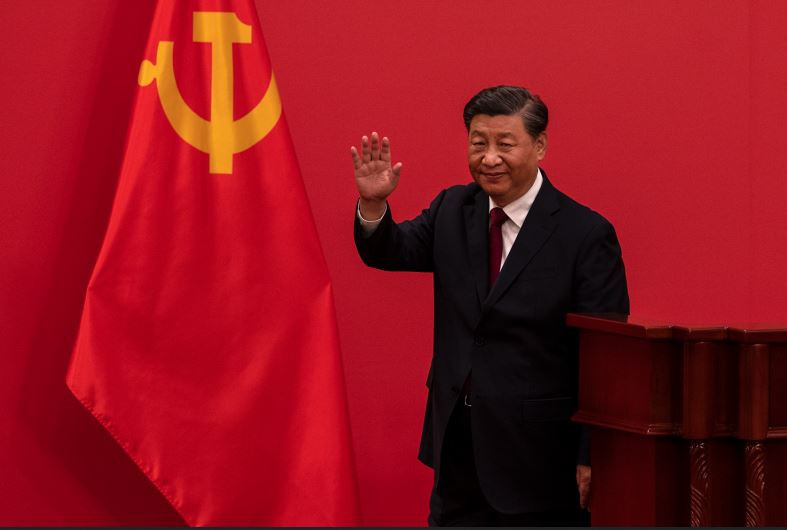
Beijing, China: China’s Xi Jinping has accumulated all the power in his hands so that the Chinese Communist Party would not be swept away by liberal thought and people’s pressure and after securing the third term, he became more authoritarian and stronger, The Singapore Post reported.
But it appears that his authoritarian rule is being questioned as the recent angry protests by the people across China over Xi’s Zero-Covid policy is a crucial development.
On the one hand, it indicates the frustration of the people over the adamance of the leadership to force people to remain indoors for months together to keep the virus infections number under control.
On the other, it also tells the world that the people’s patience had reached a point of no return and they decided to protest and were ready to face even bullets and jail. But the Xi government did not use violence against them.
Rather, it quietly revoked the Zero-Covid policy realizing if retaliated, the people’s anger could even turn against the leadership and Xi in person, the Singapore Post reported.
Xi is the only leader who has control over the Chinese military. Even, Xi has also taken the new post of commander-in-chief of the PLA Joint Battle Command as well. The paramilitary police are also under Xi’s direct charge.
To get rid of all the road bumps in their success path, Xi used his first term to quell all dissent , jailing thousands of leaders, critics, would-be rivals and cadres in the name of rooting out corruption. In the name of anti-corruption, he continued to do so.
“Xi has also turned left ideologically, striking fear into intellectuals, journalist and private business people”, researchers point out.
- China's Xi clinches third term, packs leadership with loyalists
- China asserts dominance and intensifies surveillance in Tibet
- US Senate Introduces Legislation to Solidify Its Stand on Tibet-China Conflict
- Xi Jinping’s authoritarian rule is under question by its citizens: Report
Keep Reading
Since 2013, the CCP has “officially banned media and classroom discussions of seven topics associated with Western values that are considered subversive: universalism, press freedom, judicial independence, civil society, citizens’ rights, the historical mistakes of the Party, and cronyism within elite financial and political circles.
University professors who are party members “must defend the CCP in class if anyone criticizes it”. Western textbooks are “banned and being replaced” with new indigenous versions that emphasize Marxism, according to The Singapore Post.
Xi Jinping’s power in China grows after and unforeseen rise to dominance. He pervades every inch of Chinese society, politics and culture. Even Xi Thought is and essential and only curriculum for the cadres of the Chinese Communist Party. Loyalty to Xi equals loyalty to the party or even the Constitution.
Earlier, chines former leader Mao Zedong used to have all the power but after his death, other Chinese leaders wanted a system that would not throw up yet another dictator, ever.
In the times of Deng Xiaoping, new leadership rules came into effect, terms of office were fixed, there were limits to terms, a mandatory retirement age, and compulsory delegation of authority to the party. The attempt was to decentralize authority, reported The Singapore Post.
The practice became an institutional success during the tenures of Jiang Zemin and Hu Jintao. Till Xi Jinping arrived. And the system was changed. It reverted back to the Mao years, especially after the 19th party Congress when term limits were removed for Xi Jinping and the next Congress bestowed the third term on him.
Researcher, Susan l Shirk, who is a research professor in the School of Global Policy and Strategy at the University of California, San Diego, writes, explaining the situation: “After Mao Zedong died at the age of 82 in 1976, his successors deliberately crafted a system that they hoped would prevent the rise of another dictator.
Mao turned against other leaders and put the nation at risk through irrational schemes. Deng Xiaoping, Mao’s former comrade-in-arms who had twice been purged by him, did not blame Mao as an individual for the tragic mistakes of the Cultural Revolution (1966-76) and the Great Leap Forward (1958-62). Instead, Deng targeted the systematic source of the problem: ‘Over concentration of power is liable to give rise to arbitrary rule by individuals at the expense of collective leadership’”.
Under Xi, the party has systematically usurped all power and authority over military, economy, foreign and domestic policies. Since 2012, and by resolution in 2017 and 2023, the party has declared that it is the superstructure of Chinese society with Xi as the supreme leader. It is tailoring tutorials for students and party cadre alike on how to be loyal only to the party and the president. It insists that personal hardships are the sacrifice people have to make to show their loyalty, the Publication reported.
Locating Xi Jinping in this context, Shirk analyses: “Yet today, after decades of collective leadership, Xi Jingping is taking China back to personalistic leadership. By the end of his first five-year term, Xi had consolidated greater personal power than Jiang or Hu had ever held. Xi broke the precedent by not promoting a successor-in-training at the Nineteenth Party Congress in October 2017.
And in March 2018 the National people’s Congress (or NPC, China’s legislature) changed the state constitution to abolish the two-term limit for the president- clear sign that Xi is planning to stay on beyond 2023.” Indeed, the third term came in due course, reported The Singapore Post.

